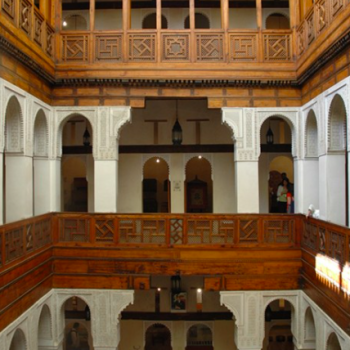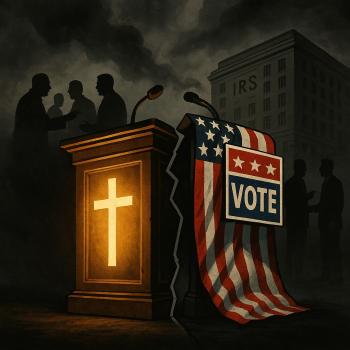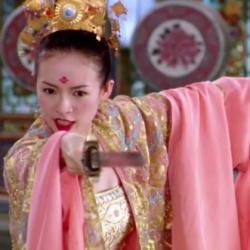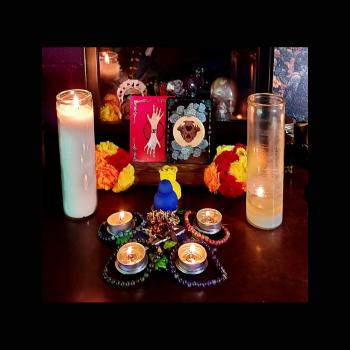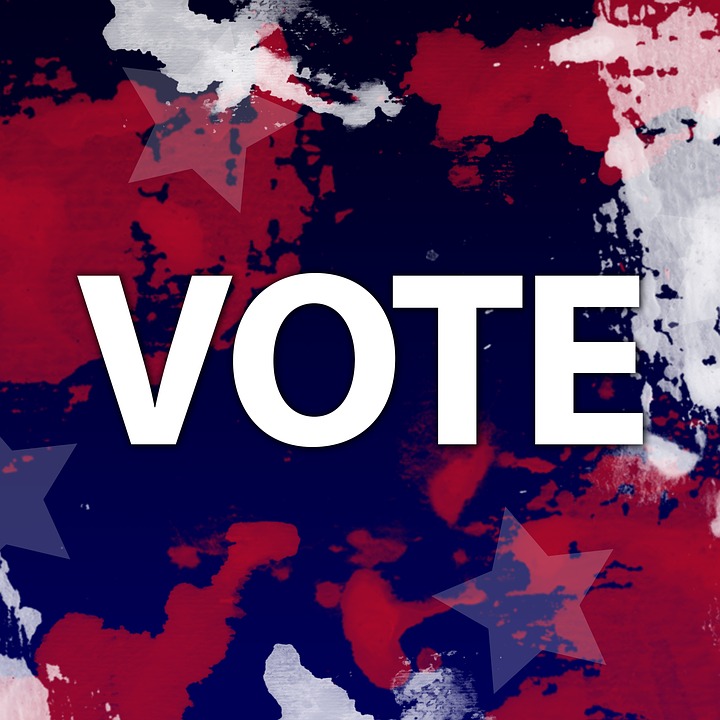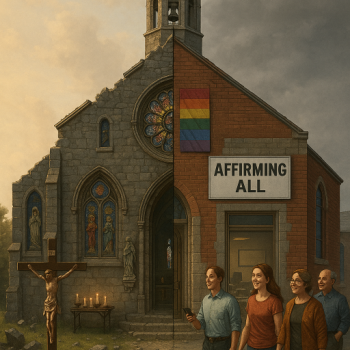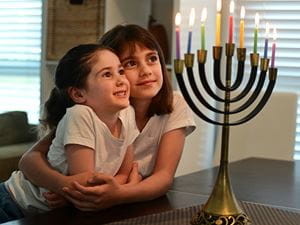
The holiday of Hanukkah is an eight-day Jewish holiday that celebrates the victory of the Jewish Maccabean army over the Greek-Syrian forces that had taken over the Jewish Temple in Jerusalem. The events celebrated are generally dated to the second century BCE. The holiday remembers the victory of the Maccabees, as well as a special miracle which is supposed to have taken place during this military victory, known as the miracle of the oil.
The story is told that when the Maccabees were able to reclaim the Jerusalem Temple after their victory, and they re-entered the sacred building, they found it defiled. The menorah, the 7-branched candelabra that stood in the Temple and was kept burning continuously using pure consecrated olive. The process of purifying themselves so that they could make new consecrated olive oil for the Temple took eight days—seven days for purification and one day to actually make the consecrated oil from olives. The Maccabees found only enough oil, in a small container, to last for just one day. Nonetheless, the story continues, when they lit the 7-branched Temple menorah with this small pitcher of olive oil, it miraculously burned continually for eight days, until more could be produced. (The modern analogy might be if one were stranded somewhere with your cell phone battery at only 1% and it miraculously lasted for eight days, until help could arrive). This miracle is commemorated each Hanukkah with the ritual lightening of the hanukkiah each night of Hanukkah.
A hanukkiah, which is a special eight-branched candelabra that has a ninth branch for the shamash (or “helper”), the shamash being the ninth candle which serves no ritual purpose but is used to light the other candles. Each night, during Hanukkah, an additional candle is lit, so that the first night there is one candle lit, and the second night two candles, and so on until the eight night, when all eight candles are lit. The lightening of the Hanukkah candles is accompanied by special blessings and songs, and it is supposed to take place in a public area where the candles can be seen from the outside of one’s home. This is why many people light their candles in the window. The idea is that Jews should proudly publicize the miracle of the oil, and the fact that they know that God has intervened in the life of His people. Thus, Jewish law requires the candles be visible from the street.
The theme of oil manifests itself in many aspects of Hanukkah celebrations. For example, it is traditional to eat foods fried in oil, including latkes--special potato pancakes--and sufganiyot, or fried jelly doughnuts. The holiday is also celebrated by playing dreidel, a game which uses a four-sided spinning top whose different sides entitle the player to different amounts of a central pot of coins, chocolate, or some other desirable goods. In some countries, Hanukkah has become a gift-giving holiday as well, and it common for children to receive gifts from relatives and friends.
The holiday of Hanukkah is not mentioned in the Bible, and it is not considered a major Jewish holiday; though, truth be told, because it falls around Christmas time, it has become more popular than it otherwise would be. Since it is not a major Jewish holiday, this means there are no restrictions on behavior like there are on the Sabbath or on Jewish high holidays, such as Passover, Sukkot, Shavuot, Rosh Hashanah, or Yom Kippur.
Learn more about Jewish holidays here.
3/23/2021 6:32:39 PM
